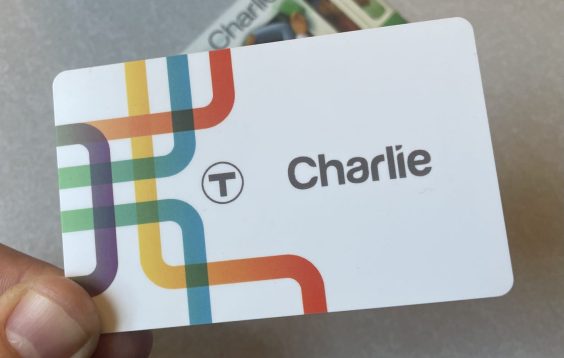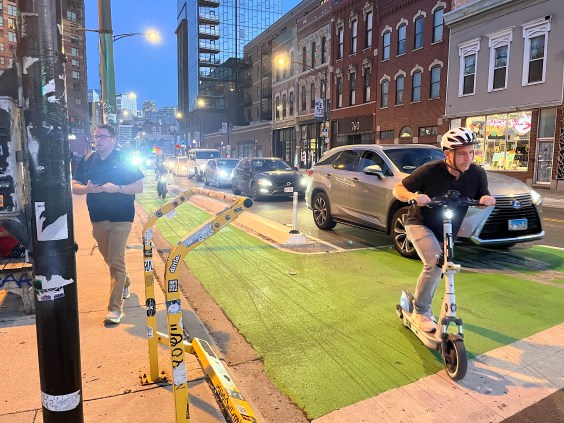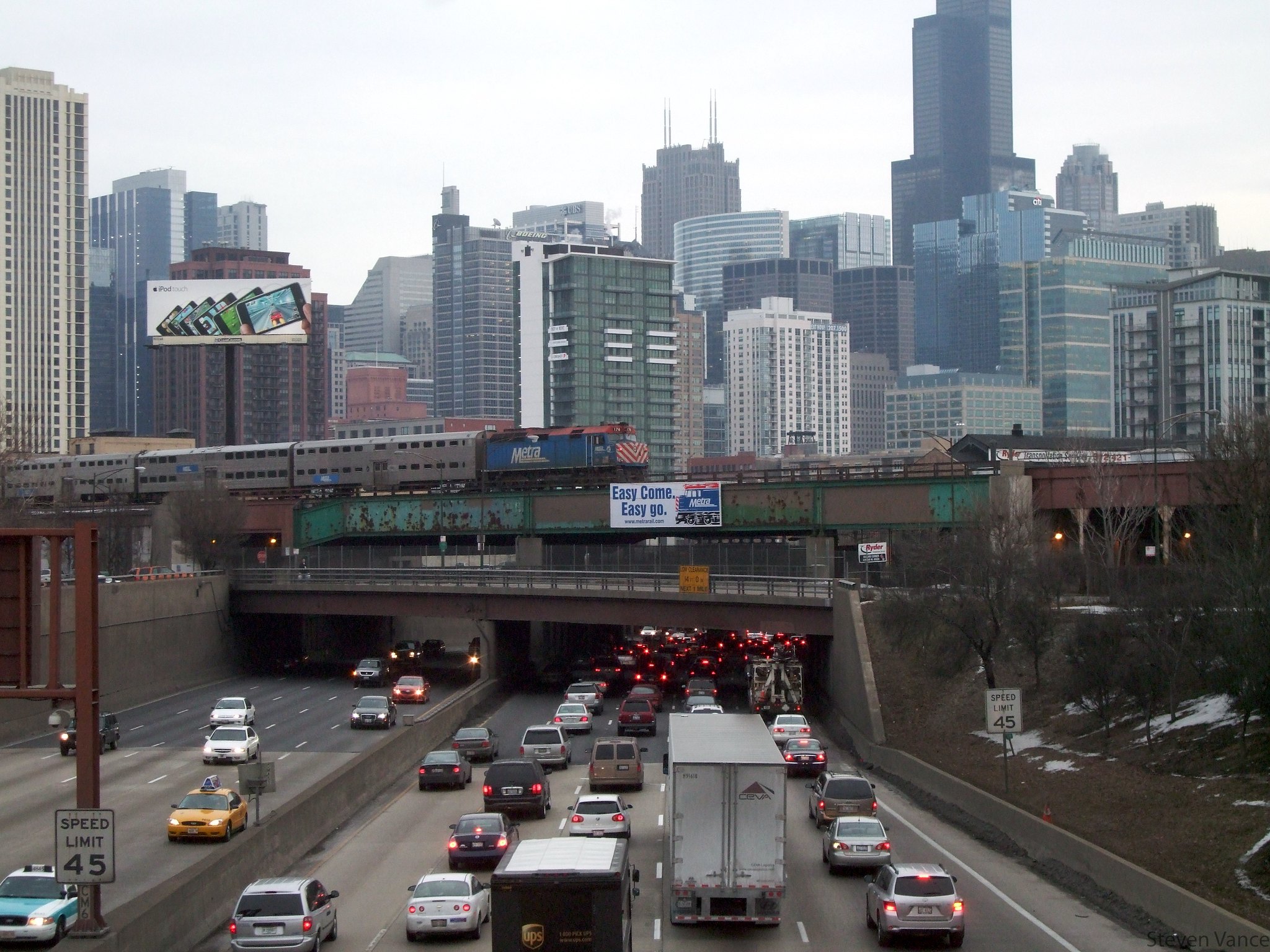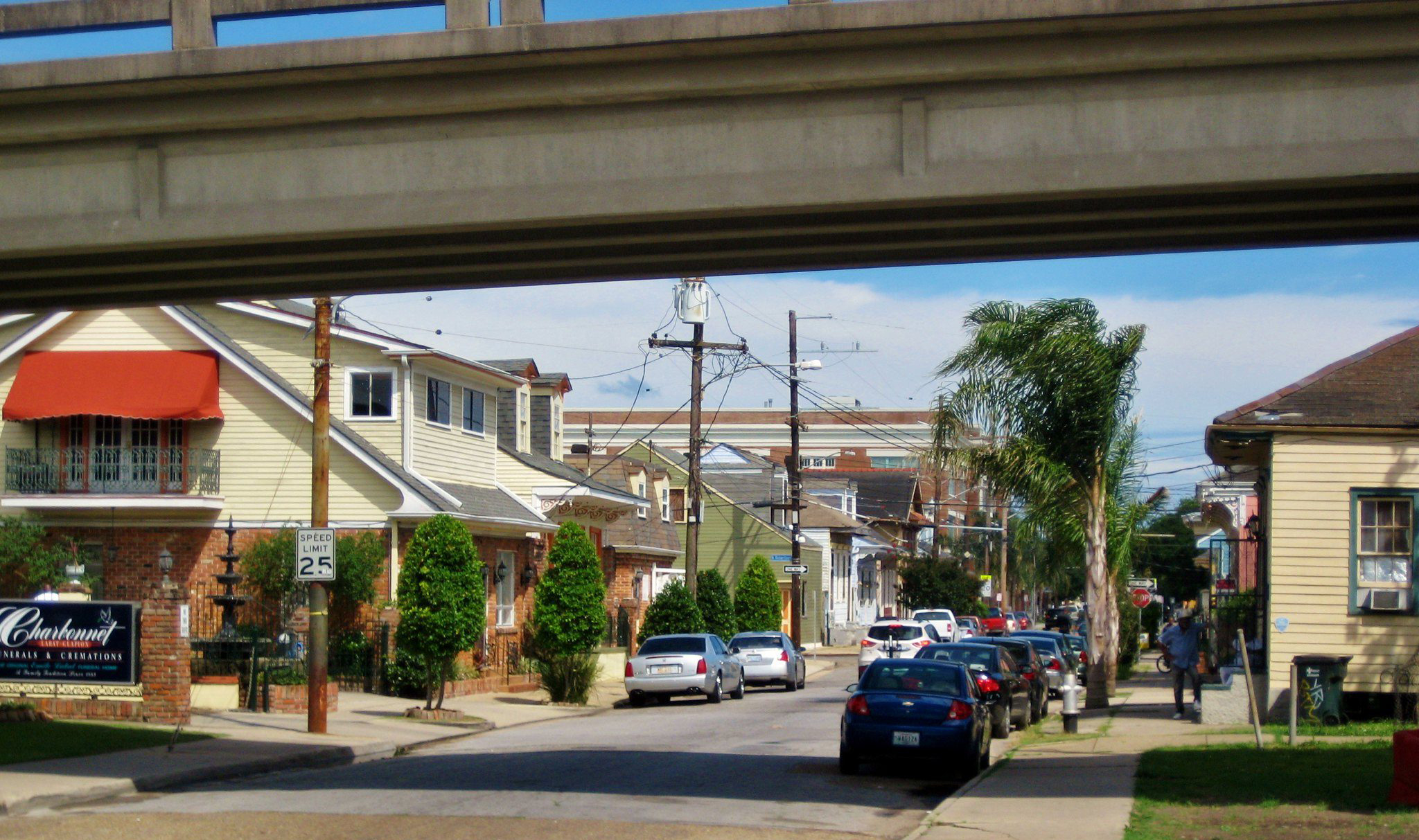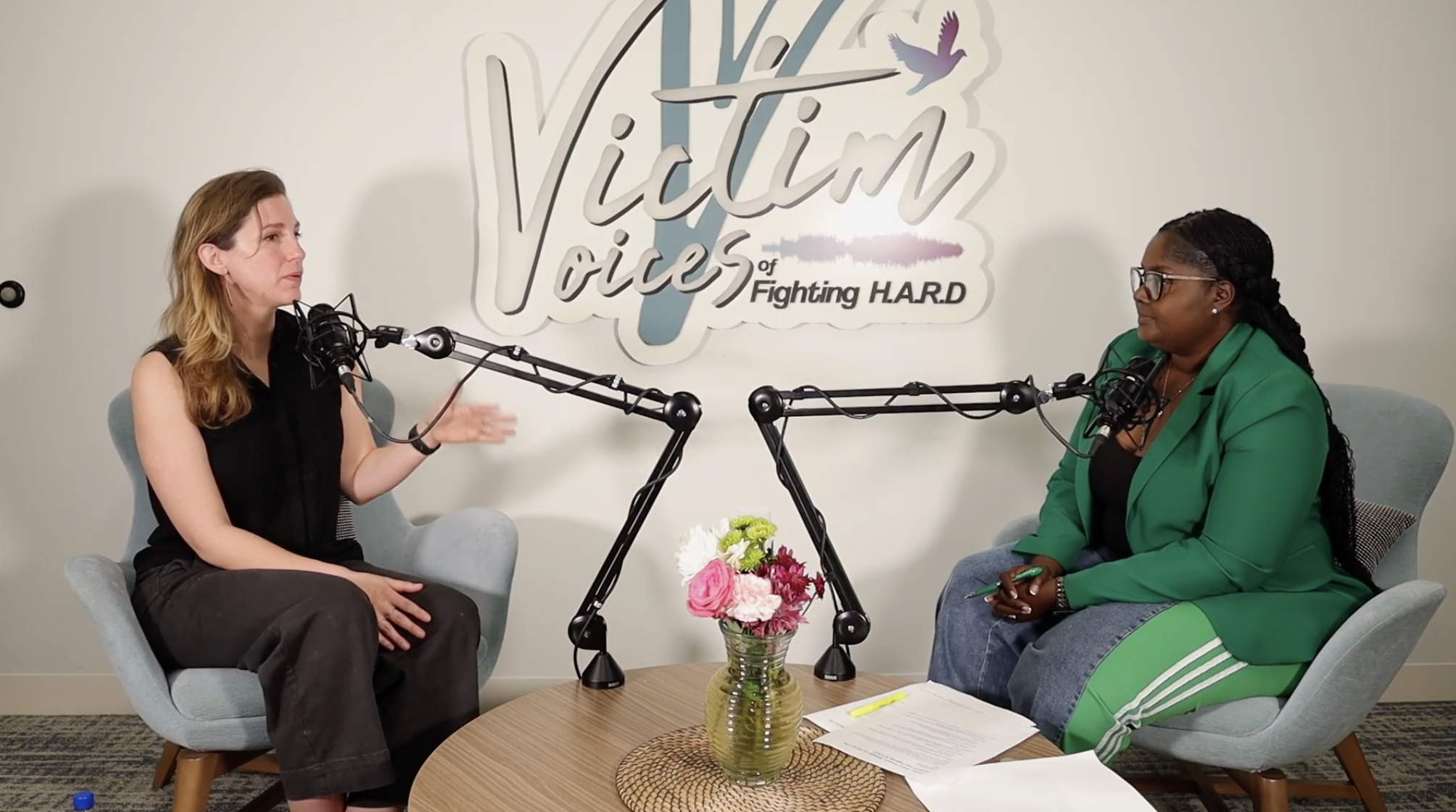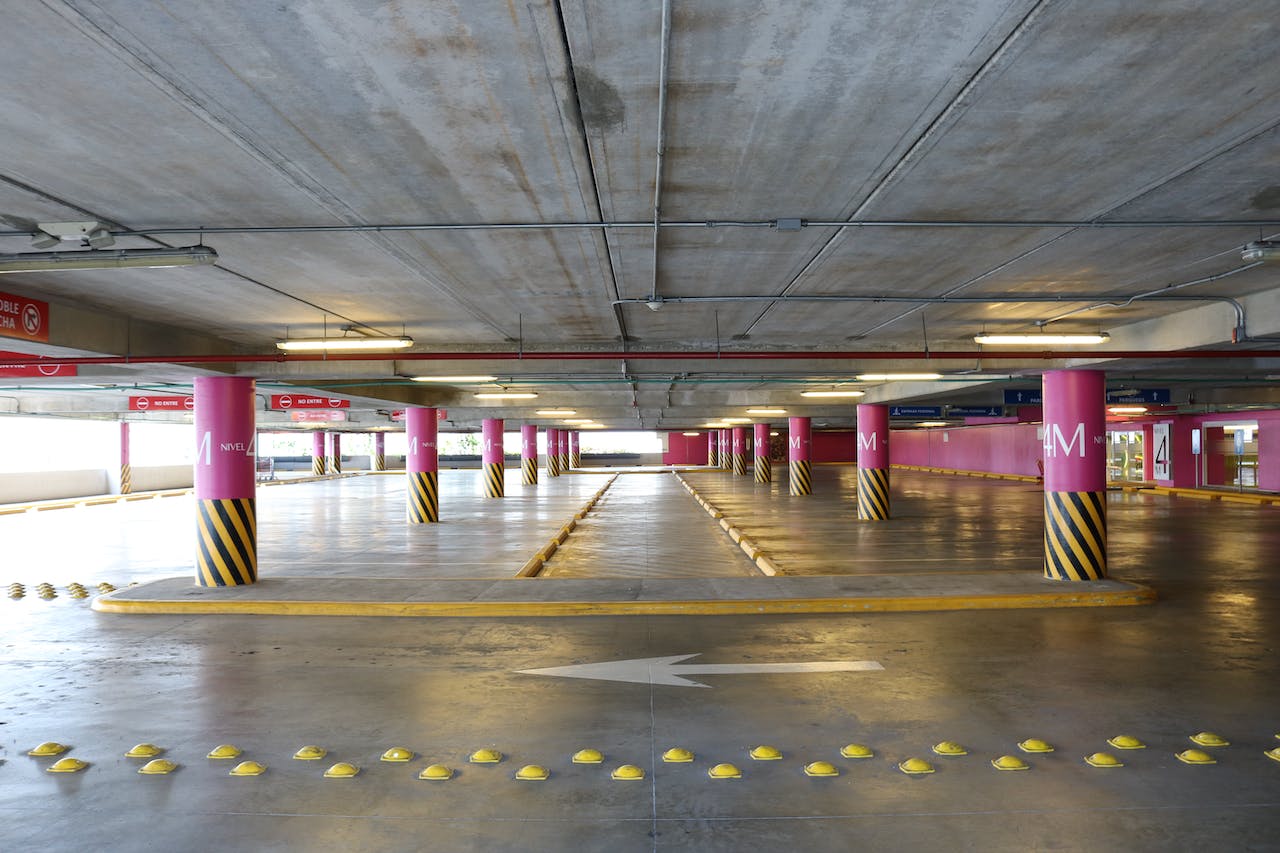Partisanship is a fact of life in Washington, often slowing down progress on issues from health care to climate change. But when it comes to preventing the use of electronic devices behind the wheel, a congressional consensus is emerging in favor of federal action -- even as the extent of GOP support for a punitive approach remains decidedly unclear.
 (Photo: textually.org)
(Photo: textually.org)At the Senate Commerce Committee's Wednesday hearing on distracted driving, lawmakers focused on the choice between offering grant money to states that pass laws banning texting while driving, as proposed by committee chairman Jay Rockefeller, and threatening to withhold federal highway money from states that fail to pass the same type of laws, as proposed by a group of Democrats in July.
Sen. Charles Schumer (D-NY), who has signed on to both the "carrot" and "stick" strategies, told the Commerce panel that he believes a hybrid of the two bills would be most effective: "It's my hope and belief that in the end, we'll have a bill that combines
the best of both worlds."
Transportation Secretary Ray LaHood appeared to concur, testifying that "I like both" the incentive-based and punitive plans. The latter approach has yet to attract GOP co-sponsors, however, and the committee's top Republican said she could only support a distracted driving bill that would not withhold state funding.
"I
don't think we ought to get into states' rights," Sen. Kay Bailey Hutchison (R-TX), who is campaigning for her state's governorship next year, said. "[T]he states have addressed this in very
different ways, but many of them are addressing it."
Vernon Betkey, chairman of the Governors' Highway Safety Association (GHSA), which represents state highway officials, echoed Hutchison's stance in a Thursday appearance before the House transportation committee.
"The association has never approved of sanctions," Betkey said. "We're always more
from an incentive side, than the sanction side. And
... we work for the states that would be
sanctioned, so it would be very hard for us to take a position against
our own states."
Hutchison is one of three Republican co-sponsors of Rockefeller's distracted driving bill, giving the trio potentially significant leverage as a compromise plan is drafted. The competing Senate proposal, based on the 1984 law that aimed to set the minimum U.S. drinking age at 21, would give states two years to restrict drivers from texting and using hand-held cell phones.
If a state failed to pass the appropriate law, 25 percent of federal highway money would be withheld until action was taken. Schumer pointed out last week that no state lost highway funding when Congress took the same approach in 1984.
Throughout the Commerce panel's hearing, Rockefeller sought to keep his colleagues focused on the urgency of the threat posed by distracted drivers. At one point, referring to the number of drivers estimated to be using electronic devices at any given moment, he said: "I don't
really give a hoot about state's rights or federal rights on this one.
I give a hoot about results, and I keep thinking of those 812,000
people right now ... we're not doing anything about it."
Several senators asked whether their legislation should also promote greater use of technology to mitigate distracted driving. LaHood responded that the growing popularity of hands-free wireless syncing programs for cars should not be considered a boon for road safety.
"From my point
of view, I think any distraction is a distraction that takes away from
driving safely," LaHood said. "You can put your phone in this little container that
they have in the middle [of the dashboard] and it does sync. It syncs all your numbers,
and you can [control it using] voice. I think that's a distraction, but
that is the latest technology, and all the car manufacturers have it."
